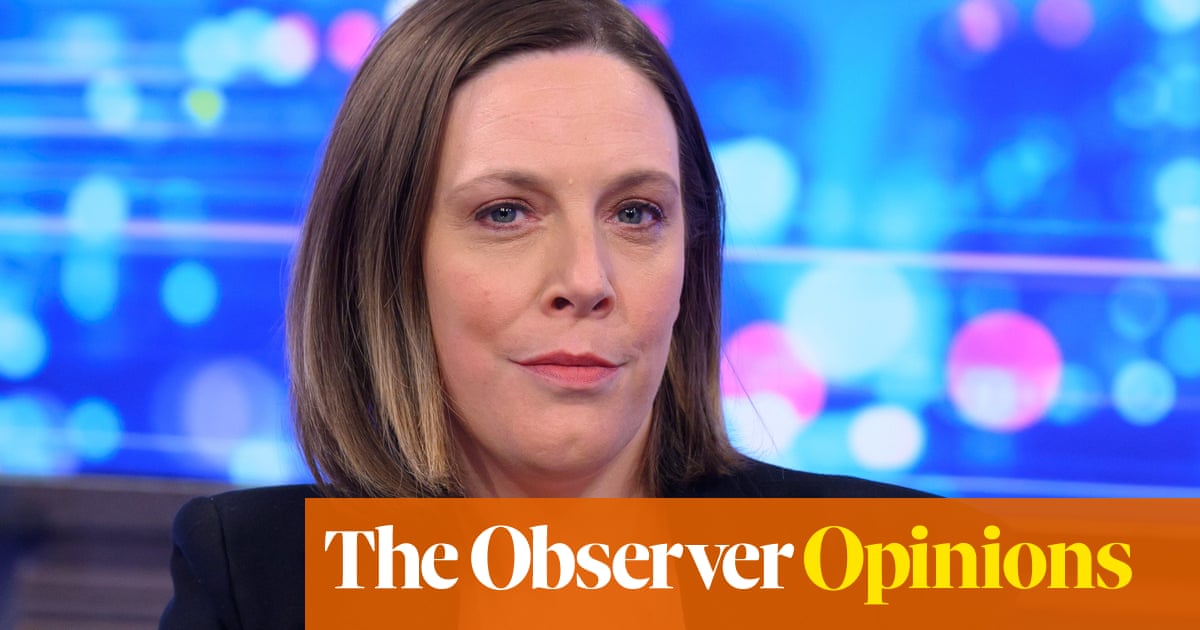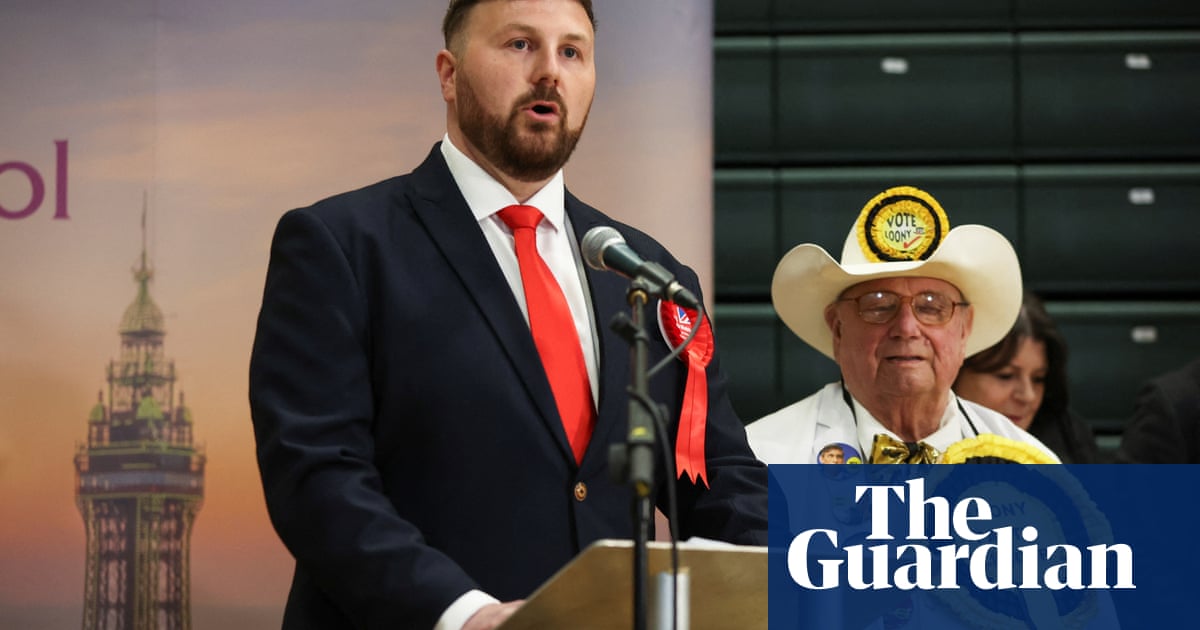
Before Keir Starmer’s tribute to the Queen and the singing of the national anthem, most senior MPs and staffers had anticipated some disruption. But there was not one heckle. “If you want proof the Labour party has changed, that tribute to the Queen was it,” one senior aide said.
But confirmation truly came four hours later at the result of the priorities ballot, which Labour members use to select which topics to debate.
All the topics that the leftwing campaign group Momentum had asked members to support failed to make the ballot, apart from health and social care, which was also backed by the Starmer-supporting group Labour to Win, which managed to get all of its priorities on the ballot.
The vote shows that, for the first time, the Labour membership at its conference is now dominated by Starmer supporters. Even last year, the membership delegates were split, meaning rule changes pushed by the leader only squeaked through, and Starmer was repeatedly heckled from the floor.
Since he took over, about 200,000 members have left the party. Starmer’s allies now hold almost all the levers of power, a majority on the governing national executive committee, and have won most parliamentary selection battles – including some in which more leftwing candidates were suspended for controversial reasons.
Some members of Starmer’s inner circle see their mission as a key part of restoring the party’s electability.
“I was passionate about that project,” one close ally of Starmer said. “It was about removing what had become a stain on the Labour party – the racism, the recklessness, investigations by the ICO and the EHRC, contempt for voters. You cannot just change the person at the top. We saw that in 2021, we lost Hartlepool, we lost at the local elections. Conflict was very necessary to show we had changed.”
Those from the Jeremy Corbyn years, especially those who were part of intense internal battles during his leadership, believe much of the animosity is personal grievance. They point to the Martin Forde QC report on the toxic party culture, as well as a recent Al Jazeera documentary on controversial ways in which party expulsions were handled.
James Schneider, Corbyn’s former adviser, who has authored a new book about the left, said: “There is a real pain and hatred of the left … The right spent five years out of power in the party and they didn’t develop one idea for what they want to do in the country. But they did develop a very impressive programme of how to make sure Corbyn never happens again.”
Among leftwing Labour MPs who make up the Socialist Campaign Group caucus, there is an informal split between veterans of the Corbyn years, including John McDonnell and Diane Abbott, and newer MPs such as Clive Lewis, Lloyd Russell-Moyle, Olivia Blake and Nadia Whittome, who want to distance themselves from some of the toxic associations.
One said they were frustrated with the “lapse into victim mentality”, but said Ukraine was a major turning point for them, concerned by a perceived softness towards Russian aggression from some quarters of the old left.
The great rising star of the left, who is still closely aligned with Corbyn and his former shadow cabinet ministers, is Zarah Sultana, greeted with huge enthusiasm at rallies by Enough is Enough, a coalition on the cost of living.
But should Labour fail to win the next election, there is very little hope of getting a leftwing candidate on the ballot. Any MP would need to win 20% of MPs to get on the leadership ballot in front of members. There are nowhere near enough left-aligned MPs in the party for that to happen.
Starmer supporters are so confident of their victory over the group that Wes Streeting joked at the Labour to Win rally on Sunday that Momentum should be renamed “Inertia” under the Trade Descriptions Act.
It is Manchester’s mayor, Andy Burnham, who is now the preferred candidate of most leftwing MPs. “He’s made an active effort to engage the left, he’s in favour of electoral reform, nationalisation, universal basic income, he’s spoken out about the Forde report,” one Momentum figure said.
For most organisers on the left, there are now other avenues to pursue their political cause. Two ex-Momentum organisers, Laura Parker and Michael Chessum, are now effective campaigners for electoral reform, which is the current priority of many Labour members.
Momentum is still working on winning selection battles, though it has switched much of its immediate campaigning to policy. But Hilary Schan, Momentum’s co-chair, admits it is “very frustrating” that Starmer is unlikely to see any of the conference votes as binding, including on electoral reform or nationalisation.
“It feels that Starmer is driving home this message of driving out the left, separating himself from Jeremy Corbyn, and he’s actually doing it against his own best interests, which is not aligned with public sentiment,” she said.
Momentum insiders admit they are deeply wary of being proscribed by Labour. That means the movement would find it very difficult campaign for Corbyn if he stood as an independent in Islington North – an issue likely to cause deep public angst among campaigners.
Schneider said the left was still having a major influence on the discourse over the cost of living crisis from outside the party. “Next Saturday is going to be a big day – strikes, there are going to be demos all over the country. There’s the Don’t Pay campaign [on energy bills].
“From a progressive movement point of view, that can shift the ground that can move the Labour party, not through winning in party structures, but through changing where common sense is in the country.”
Schan said that was one reason the campaign group remained committed to the Labour party. “At the moment, under first past the post, the Labour party is the only game in town. That’s the message that we send to people: you’ve got to be in it to change it.”












